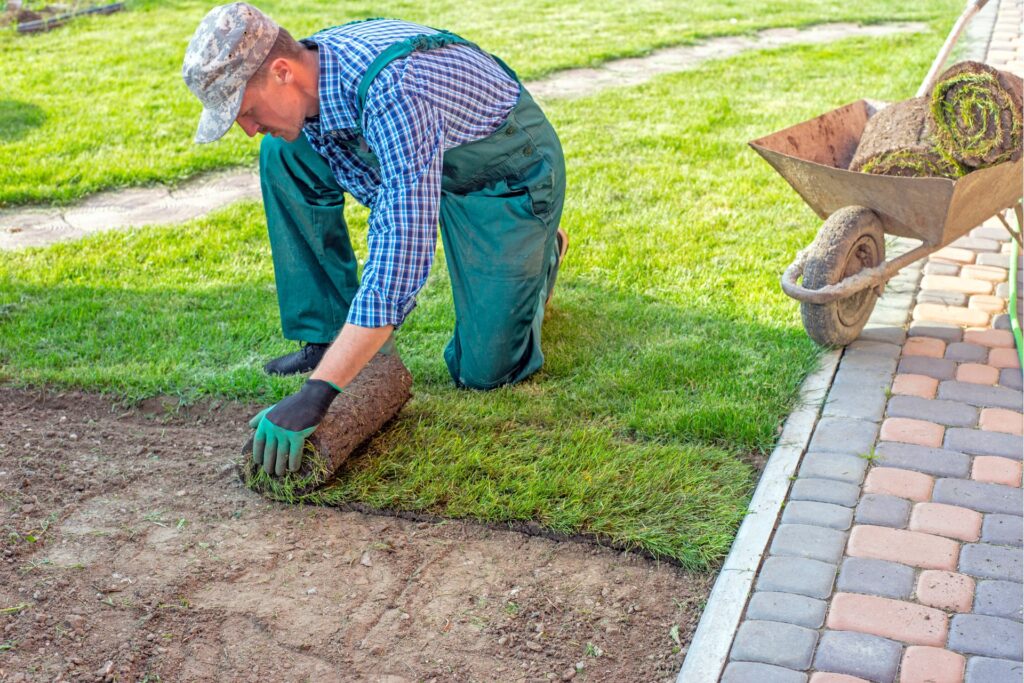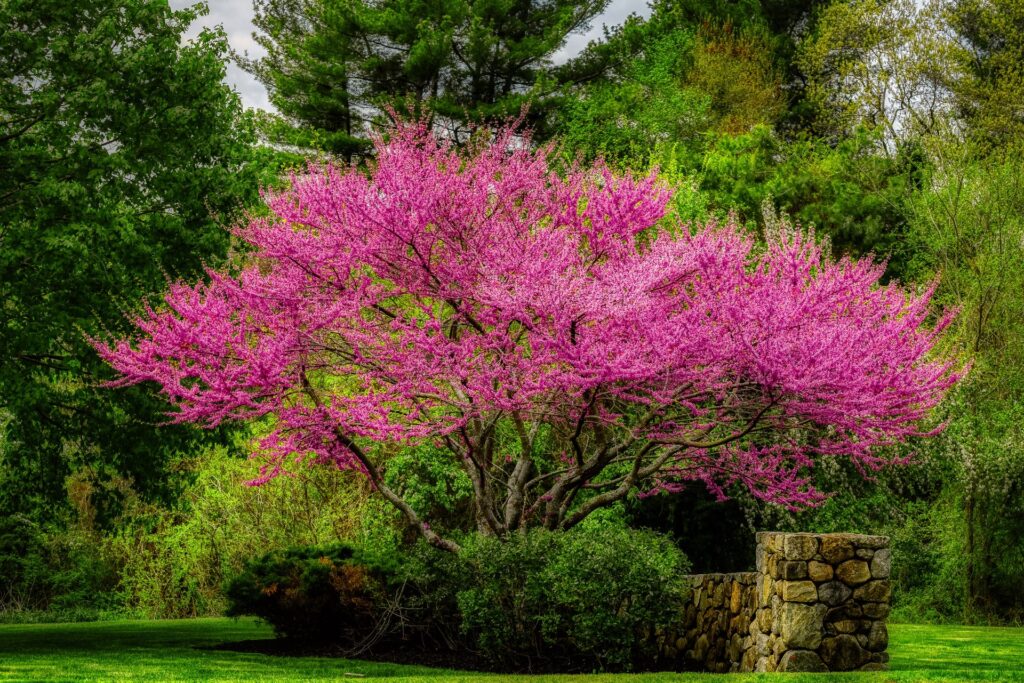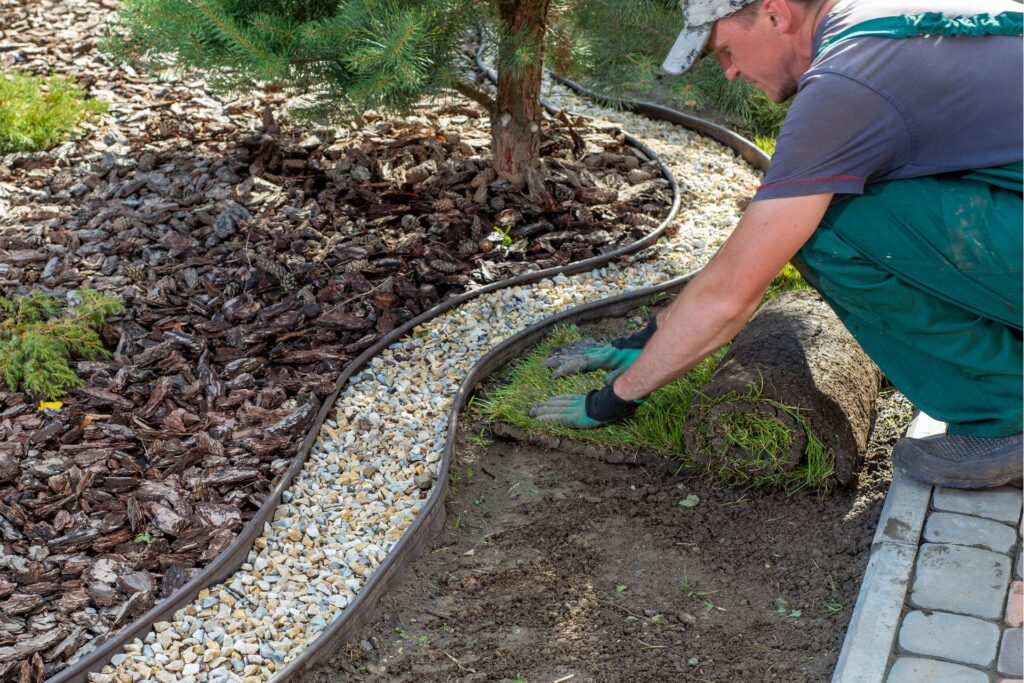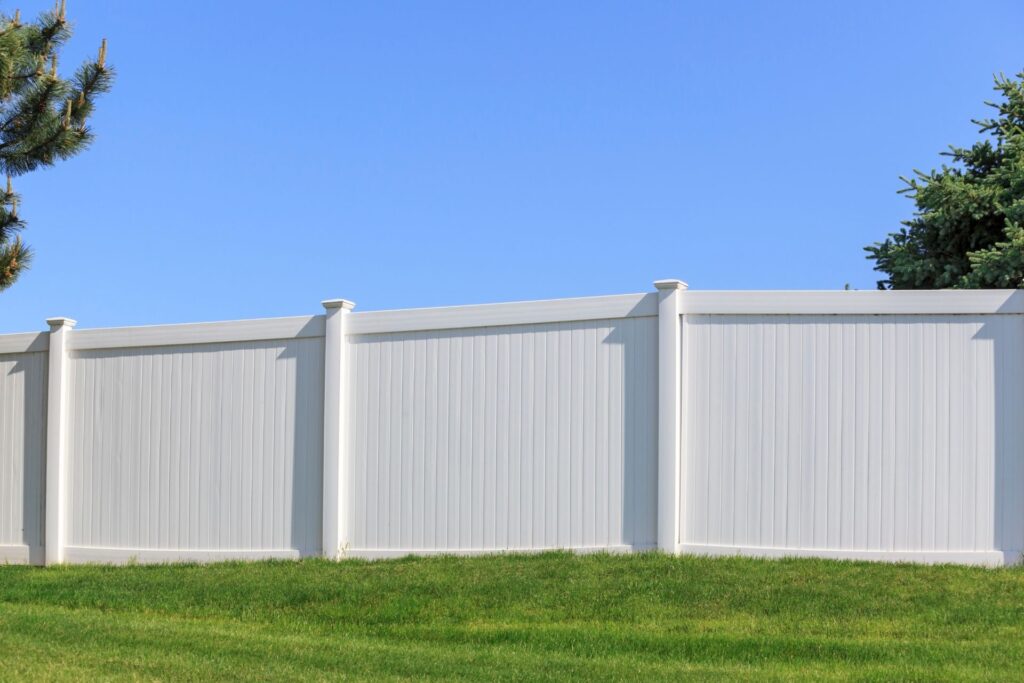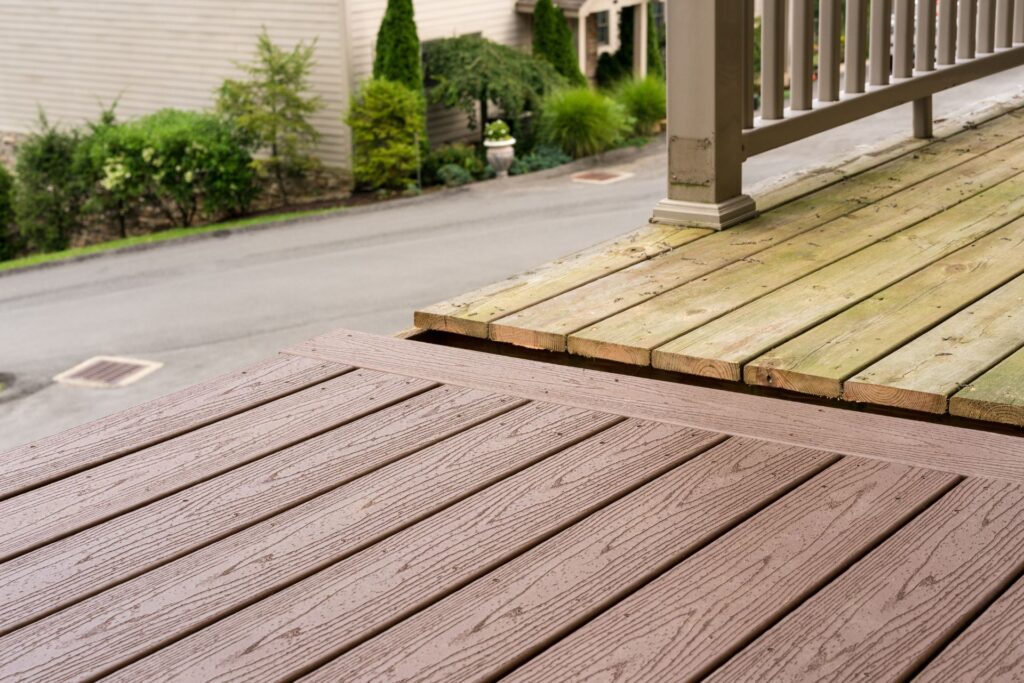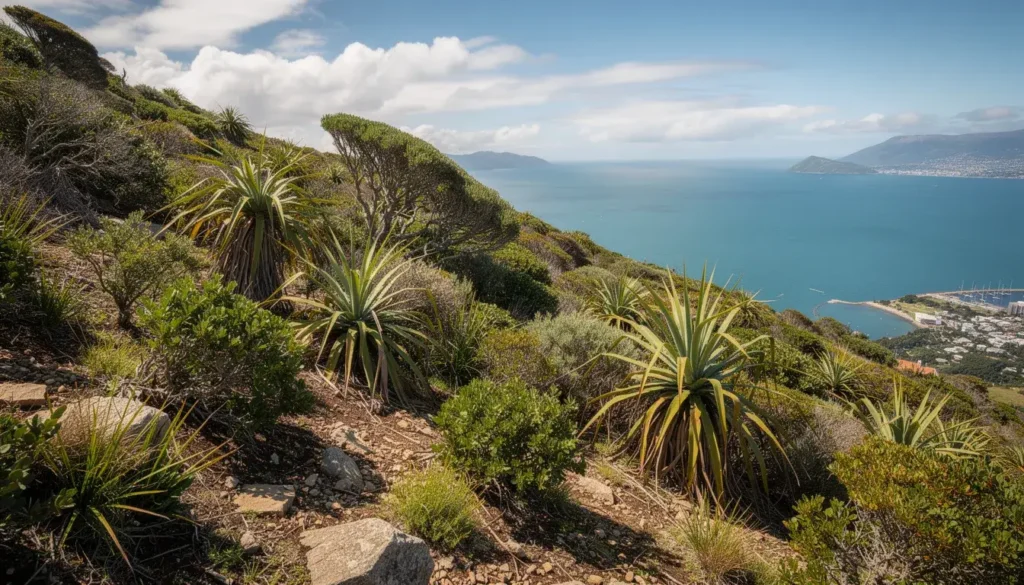Welcome to our comprehensive guide on the costs of landscaping services in Wellington, where we aim to demystify the factors that influence pricing and help you make informed decisions about beautifying your property. Whether you’re looking to enhance your home’s curb appeal or create a serene outdoor sanctuary, understanding the local nuances of landscaping, including the types of services available and how regional conditions affect your choices, is crucial. In this post, we will delve into the various elements that contribute to landscaping costs, offer insights into average pricing, and provide tips on how to select the right services within your budget. Join us as we explore everything from basic maintenance to elaborate garden designs, ensuring you have all the information you need to transform your outdoor spaces effectively and efficiently.
On average, the cost of landscaping services in Wellington can range from basic maintenance starting around NZD 50 per hour to complex design and installation projects costing upwards of NZD 5,000. Factors influencing these costs include property size, the types of services required, material choices, and labor rates. Seasonal changes and specific landscaping needs can also impact the overall expenses. For best results, obtain multiple quotes and choose a reputable landscaper to ensure both quality and value for your investment.
- Overview Of Landscaping Services In Wellington
- Factors Influencing The Cost Of Landscaping
- Average Costs Of Landscaping Services In Wellington
- How To Budget For Your Landscaping Project
- Choosing The Right Landscaping Service
- Maximizing Value For Your Money
- Future Trends In Landscaping In Wellington
- FAQs: About Cost Of Landscaping Services Wellington
- Conclusion
Overview Of Landscaping Services In Wellington
Wellington, the vibrant capital of New Zealand, is not only known for its picturesque landscapes and cultural richness but also for its unique environmental challenges that affect gardening and landscaping. For residents and business owners looking to enhance their outdoor spaces, understanding the full spectrum of landscaping services available in Wellington is essential. This guide offers a detailed overview of these services, considering the regional specifics like weather conditions, common plant types, and soil quality that could influence landscaping decisions.
Range of Landscaping Services in Wellington
Landscaping companies in Wellington offer a diverse range of services designed to cater to the varying needs of its residents. These services can be broadly categorized into several key areas:
1. Garden Design and Installation: Professionals provide customized garden designs that blend aesthetics with functionality. This includes the selection of plants suitable for Wellington’s climate, the layout of flower beds, and the installation of features like ponds or rockeries.
2. Maintenance Services: Regular garden maintenance is crucial in Wellington due to its variable weather patterns. Services include lawn mowing, hedge trimming, fertilizing, and pest control, ensuring that gardens remain healthy and vibrant throughout the year.
3. Hardscaping: This refers to the installation of non-plant elements that enhance or facilitate garden usability, such as patios, pathways, decks, and retaining walls. These features are designed to withstand local weather conditions and complement the natural landscape.
4. Irrigation and Drainage Solutions: Given Wellington’s occasional heavy rainfall, effective irrigation and drainage systems are vital. Landscaping experts install systems that manage water efficiently, preventing waterlogging and ensuring that plants receive the optimal amount of hydration.
5. Eco-friendly Landscaping: There is a growing trend towards sustainable practices in Wellington. Many landscapers now offer services that focus on creating eco-friendly and sustainable gardens using native plants, organic fertilizers, and water-efficient systems.
Regional Specifics Influencing Landscaping in Wellington
Weather Conditions
Wellington’s weather is famously unpredictable, characterized by frequent wind and changeable conditions. Landscaping designs must, therefore, be robust; plants chosen for outdoor spaces must be capable of withstanding sudden weather changes and windy conditions.
Common Types of Plants
The choice of plants in Wellington landscaping is largely influenced by local weather patterns. Hardy native plants like Pohutukawa, Kowhai, and flaxes are popular because they are well-adapted to the local climate and soil conditions. These plants not only thrive with minimal maintenance but also help in preserving the local biodiversity.
Soil Quality
Soil quality in Wellington varies significantly across the region. While some areas may have fertile soil, others might contend with clay-heavy or sandy soils that require amending to support healthy plant growth. Professional landscapers typically assess the soil quality in their client’s gardens and recommend appropriate soil treatments or amendments to ensure the best foundation for plant growth.
Whether you are looking to create a serene garden retreat or need practical solutions for maintaining your property, the wide range of landscaping services in Wellington can meet every need. Understanding these services, along with the regional specifics such as the local climate, native plant species, and soil conditions, will help you make informed decisions that ensure the success of your landscaping projects.
For anyone planning a new landscaping project in Wellington, this guide serves as a vital resource, helping to navigate the complexities of local landscaping with ease and efficiency.

Factors Influencing The Cost Of Landscaping
Landscaping can transform any outdoor space, enhancing both aesthetic appeal and property value. However, the cost of landscaping can vary significantly based on several key factors. Whether you’re planning to revamp your garden or considering some new hardscaping, understanding what affects the pricing will help you budget effectively. Here’s a comprehensive breakdown of the main factors that influence landscaping costs:
1. Size of Property
The size of your property is one of the most straightforward factors affecting landscaping costs. Larger areas require more materials, more time, and often more complex machinery, which can increase the overall cost. Additionally, the type of property—whether it’s residential or commercial—also plays a crucial role. Commercial properties might require more durable materials or designs that can handle higher foot traffic, potentially elevating costs.
2. Type of Landscaping Services
Landscaping encompasses a wide range of services, each with its own cost structure:
Lawn Care: Basic services like mowing and fertilization are generally less expensive, but costs can rise with the addition of specialty treatments like aeration or organic care methods.
Garden Design: Custom garden layouts involving detailed design services and unique plant selections can significantly increase the project’s cost.
Tree Services: Tree planting, trimming, or removal require specialized skills and equipment, making them more costly.
Hardscaping: This includes the installation of non-plant elements like stone pathways, retaining walls, and patios. Due to the materials and labor required, hardscaping is often one of the more expensive services.
3. Materials Used
The choice of materials can dramatically affect the cost. Local materials are generally cheaper due to lower transportation costs, while imported materials can offer unique looks but at a higher price point. The durability and maintenance requirements of the materials chosen will also influence ongoing maintenance costs, making it important to consider long-term as well as upfront costs.
4. Labor Costs
In regions like Wellington, the cost of skilled labor can be a significant component of landscaping expenses. Local wage rates, the expertise required, and regional labor laws all influence what you will pay for human capital. For instance, specialized services such as stonemasonry or high-grade carpentry in landscaping will typically command higher wages.
5. Seasonal Variations
The time of year can also impact landscaping costs. Spring and summer are usually peak seasons for landscaping due to favorable weather conditions, leading to higher demand and possibly higher prices. Conversely, planning your landscaping project during the off-season might save you money, although the availability of services could be limited.
Understanding these factors can help you better estimate the costs associated with your landscaping project. It’s wise to request detailed quotes from several service providers to compare prices and understand how these factors play into the final cost. A well-planned landscaping project not only enhances the beauty and functionality of your property but can also be a wise financial investment, significantly boosting property value in competitive markets.

Average Costs Of Landscaping Services In Wellington
When considering landscaping services in Wellington, it’s essential to understand that costs can vary widely depending on several factors including the scope of the project, the size of your property, and the types of materials used. Here, we provide a detailed guide to help you navigate the average costs associated with landscaping, from basic services to more comprehensive designs and include real-world examples to give you a clearer picture of potential expenses.
Range of Landscaping Costs
The cost of landscaping services in Wellington typically ranges from basic to comprehensive solutions. Here’s a breakdown:
Basic Services: These usually include simple tasks such as lawn mowing, hedge trimming, and basic garden maintenance. Prices for these services can range from NZD $50 to $150 per session, depending on the size of your garden and the frequency of the service.
Intermediate Services: This category includes more detailed work such as planting, fertilization, garden bed installation, and pest control. These services can cost between NZD $200 to $800, influenced by the garden size and the types of plants or materials required.
Comprehensive Services: For those looking at complete overhauls or detailed landscaping designs which might include features like ponds, retaining walls, and extensive planting, costs can start from NZD $1,000 and can easily exceed NZD $5,000 depending on complexity and premium materials.
Mini-Case Studies
To help you understand how these costs apply to real situations, let’s consider a few examples:
1. Suburban Family Home: The Smith family owns a medium-sized home with a 100-square-meter backyard. They opted for intermediate landscaping services to enhance their outdoor space with a new flower garden and improved lawn care. Their total cost came to approximately NZD $600, which included new plantings and regular maintenance services.
2. Urban Commercial Property: A small business in downtown Wellington required comprehensive landscaping to improve its curb appeal with a modern garden design featuring native plants and stone pathways. The project was more complex due to limited space and the need for durable materials suitable for high foot traffic, costing them about NZD $7,000.
3. Rural Lifestyle Block: In a more extensive property, the Johnsons wanted to create a series of vegetable patches, a small orchard, and a decorative pond. Their comprehensive landscaping project amounted to around NZD $12,000, given the vast area and the variety of features implemented.
The costs of landscaping services in Wellington can vary greatly based on your needs and preferences. Whether you own a small urban plot or a large rural property, understanding these costs can help you plan your budget accordingly. By considering your property’s characteristics and desired outcomes, you can choose a service that aligns with both your aesthetic goals and financial constraints.
By integrating real-world examples, this guide aims to provide a comprehensive view of what you can expect when investing in landscaping services in Wellington, helping you make informed decisions tailored to your specific situation.

How To Budget For Your Landscaping Project
Creating a beautiful landscape can transform your outdoor living space, but it’s crucial to approach this transformation with a well-thought-out budget to ensure your landscaping dreams don’t turn into financial nightmares. Below, we delve into effective strategies to help you set a realistic budget for your landscaping project, emphasizing the importance of thorough planning and cost management.
Setting a Realistic Budget for Landscaping
The first step in budgeting for your landscaping project is to define what you want to achieve and set realistic expectations about what you can afford. Start by assessing your outdoor space and listing the must-have elements versus the nice-to-haves. Essential items might include basic hardscaping, while luxury items could include features like outdoor kitchens or water features.
Research is key. Look into average costs for different types of landscaping projects similar to yours. Remember, the size of your yard, the materials you choose, the complexity of the designs, and the local climate can all influence the cost significantly.
Importance of Getting Multiple Quotes
One of the most effective ways to ensure you’re setting a realistic budget is to get quotes from multiple landscaping contractors. This not only gives you a better sense of what your project might cost but also provides an opportunity to assess the value and quality of what you’re getting for your money.
When requesting quotes, be as specific as possible about what you want. Provide potential contractors with detailed information about your project to get the most accurate estimates. Be sure to ask about what is included in their quotes to avoid unexpected costs later. For instance, find out if their estimates include materials and labor, and ask about potential additional costs like site preparation and cleanup.
Evaluating Options
After receiving the quotes, compare them not just on price, but also on the quality of materials, the contractor’s reputation, and past client reviews. This comparison will help you make an informed decision that balances cost with quality and longevity.
It’s wise to be cautious of quotes that seem unusually low as they might indicate subpar materials or shortcuts in the work process. Investing a bit more upfront can often save money in the long run by avoiding repairs and adjustments.
Factoring in Ongoing Maintenance Costs
An often overlooked aspect of landscaping budgeting is the ongoing maintenance costs. When planning your project, consider the long-term upkeep of the new landscape features. Some plants require more care than others, and certain hardscaping elements might need regular maintenance to keep them looking their best.
Choose designs and materials that fit your lifestyle and maintenance capacity. If you’re not someone who enjoys weekend gardening, consider low-maintenance options that won’t require much of your time or additional money to maintain.
Properly budgeting for your landscaping project requires careful planning, comparison, and consideration of long-term maintenance. By setting realistic goals, getting multiple detailed quotes, evaluating your options carefully, and considering ongoing costs, you can create a beautiful outdoor space that enhances your home while also staying within your financial boundaries. By adhering to these guidelines, you’ll be better equipped to manage the financial aspects of your landscaping project, ensuring it adds value to your home without draining your wallet.
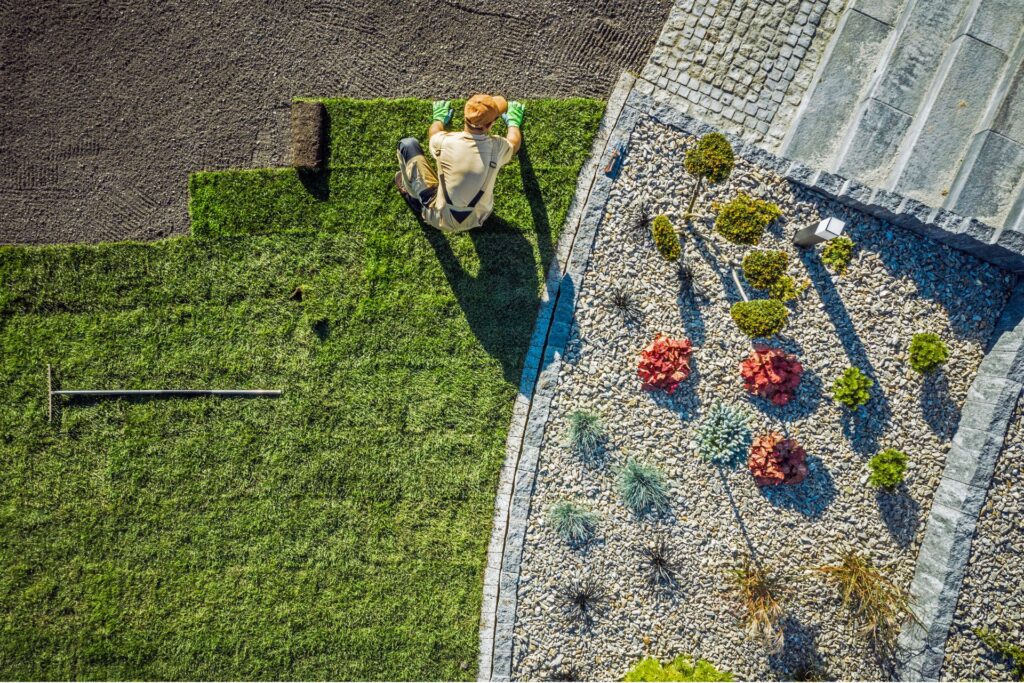
Choosing The Right Landscaping Service
When selecting a landscaping service, it’s essential to take a thoughtful approach to ensure you find a provider that meets your specific needs and expectations. Here’s a detailed guide on choosing the right landscaping service, focusing on key aspects such as company credentials, the significance of reviews and portfolios, and the importance of local licensing and insurance requirements.
What to Look for in a Landscaping Company
Choosing the right landscaping company goes beyond finding someone who can simply plant shrubs or lay down sod. You want a team that listens to your needs, understands the aesthetic and functional goals of your outdoor space, and can execute your vision with precision. Here are some crucial factors to consider:
1. Experience and Specialization: Look for a company with extensive experience and expertise in the specific services you need. Whether it’s designing garden layouts, installing irrigation systems, or maintaining lawns, each specialization requires specific skills.
2. Reputation: A reputable company is often recognized through word-of-mouth and positive feedback from previous clients. Checking how long they have been in business can also be a good indicator of their stability and reliability.
3. Customer Service: Effective communication and customer service are paramount. Ensure that the company is responsive, willing to address your queries, and proactive in keeping you updated about project progress.
The Importance of Reviews, Portfolios, and References
Before you finalize your decision on a landscaping service, diving deep into their reviews, portfolios, and references is crucial:
1. Reviews: Online reviews on platforms like Yelp, Google, and local business directories can provide insights into the company’s reliability and quality of work. Look for comments about how the company handled issues and their level of professionalism.
2. Portfolios: A company’s portfolio showcases their previous work and gives you an idea of their style and expertise. It can also provide inspiration for your own project. Make sure their portfolio includes projects similar to what you are looking for.
3. References: Ask for references or case studies from past clients. Speaking directly to these clients can give you a better understanding of how the company operates and the satisfaction level of previous customers.
Discuss Local Licensing and Insurance Requirements
Verifying that a landscaping company is licensed and insured is not just a formality—it’s a necessity. Here’s why:
1. Licensing: Local licensing ensures that the company meets the minimum standards required for landscaping professionals in your area. It also indicates that they are committed to following local business regulations.
2. Insurance: Insurance is crucial as it protects you from liability in case of accidents or damages during the project. Ensure that the landscaping service has both liability and workers’ compensation insurance.
By focusing on these elements when choosing a landscaping service, you not only increase the chances of a successful project but also ensure that the work is done efficiently and ethically. Taking the time to research and select the right service provider will lead to a beautiful, well-maintained landscape that enhances the value and enjoyment of your property.
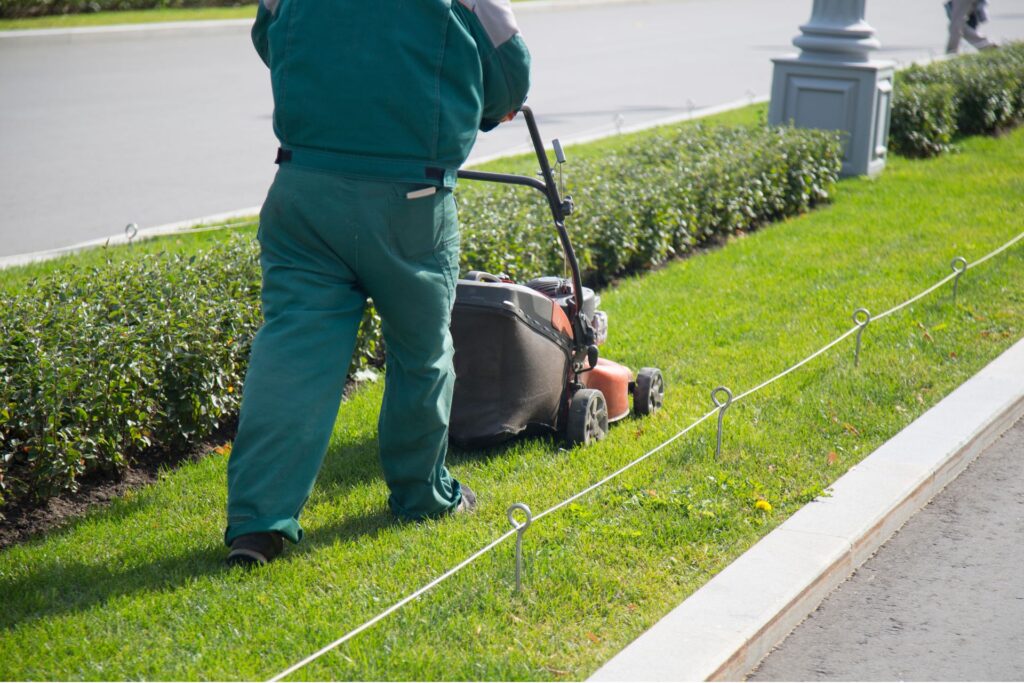
Maximizing Value For Your Money
In today’s economic climate, getting the most value for your money when enhancing your home’s landscape is more important than ever. This section delves into effective strategies for working with landscaping professionals, determining when to DIY, and adopting practices that lead to long-term savings.
Working with Landscapers to Optimize Your Investment
Choosing the right landscaper is pivotal in transforming your outdoor space while adhering to your budget. To maximize the value of your investment:
1. Clear Communication: From the outset, be clear about your budget and your vision. This alignment minimizes misunderstandings and ensures the final project meets your expectations.
2. Seek Multiple Quotes: Obtain quotes from several landscapers to compare prices and service offerings. Don’t just look at the bottom line; consider the value of each proposal in terms of materials, labor, and design expertise.
3. Check References and Past Work: A reputable landscaper will have no issue providing references and examples of past work. This step is crucial for assessing their capability to handle a project like yours.
4. Discuss Maintenance Needs: Understand the future maintenance that your new landscape will require. Opt for a design that fits your lifestyle and budget in terms of upkeep.
5. Negotiate: Don’t be afraid to negotiate on aspects of the project. Some landscapers may offer a discount for multiple services or during their off-peak season.
DIY vs. Professional Services
While hiring professionals is beneficial for complex projects, there are many landscaping tasks that you can do yourself to save money:
Basic Design and Planting: Simple garden layouts and planting can be managed on your own. Use online resources for design inspiration and planting guides tailored to your climate.
Maintenance: Routine tasks such as mowing, pruning, and weeding are straightforward and can save you a lot of money over time if done personally.
Installing Fixtures: Basic installations like small fences, pathways, or a fire pit can be DIY projects that enhance your space without the need for expensive professional help.
However, for larger or more complex installations like irrigation systems, retaining walls, or electrical features, hiring a professional is recommended to ensure safety and compliance with local regulations.
Long-Term Savings Tips
Investing in your landscape can yield long-term savings if planned correctly:
Low-Maintenance Designs: Choose plants that are native to your area or require minimal water and care. This reduces the cost and effort of maintenance over time.
Sustainable Practices: Incorporating sustainable practices like rainwater harvesting or solar-powered lighting can cut down on utility costs and benefit the environment.
Quality Over Quantity: Opt for high-quality materials and plants that might cost more upfront but will last longer and require less replacement or repair.
By implementing these strategies, you can create a beautiful landscape that fits your budget and continues to save money in the long run. Whether you decide to work with a professional landscaper or take on projects yourself, thoughtful planning and execution will ensure you maximize the value of your investment.
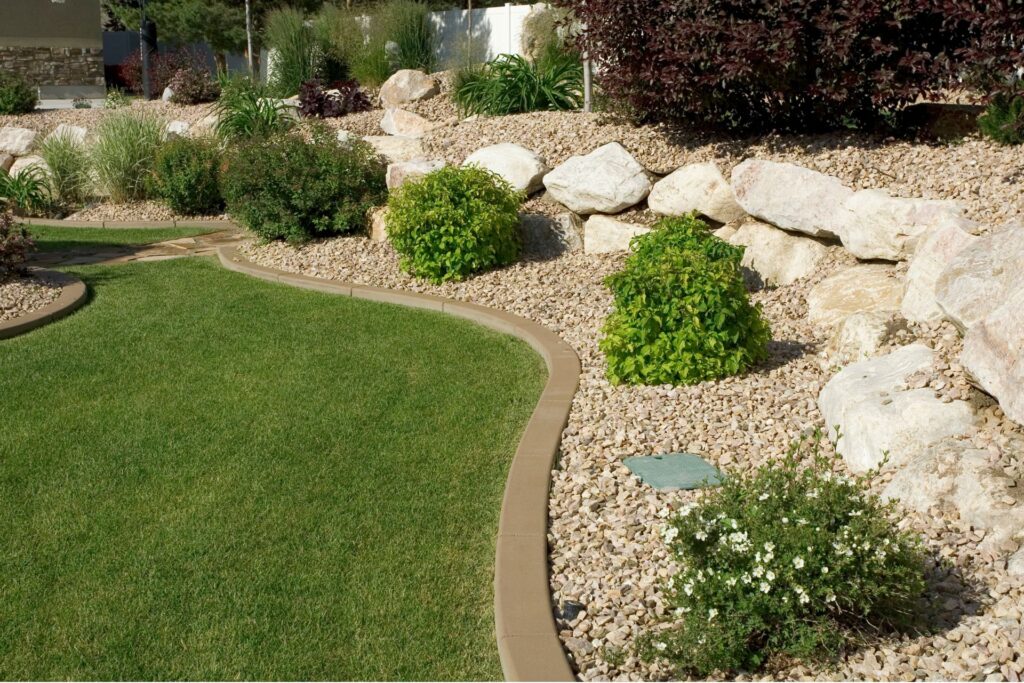
Future Trends In Landscaping In Wellington
As Wellington continues to evolve, so does the landscaping industry, embracing innovative trends that promise not only to enhance the beauty of outdoor spaces but also to ensure sustainability and efficiency. This article delves into the upcoming trends in landscaping within Wellington, focusing on sustainable practices and smart irrigation systems. We’ll also explore how these trends might influence the costs and choices available in landscaping services.
Embracing Sustainable Landscaping
Sustainable landscaping is quickly becoming a cornerstone of modern gardening and design in Wellington. This approach prioritizes the use of native plants, which are more adept at thriving in the local climate and require less water and maintenance. Additionally, sustainable landscaping often incorporates organic mulches and compost, which improve soil health naturally and reduce the need for chemical fertilizers.
Rain gardens and permeable paving are also part of this trend, aiming to reduce runoff and improve water absorption during Wellington’s rainy months. These methods not only conserve water but also help prevent pollutants from reaching waterways, aligning with the broader community goals of environmental stewardship.
The Rise of Smart Irrigation
Smart irrigation technology represents a significant advancement in how we think about watering our gardens and green spaces. These systems are designed to optimize water usage by adjusting the watering schedule based on real-time weather conditions and soil moisture levels. By using sensors and mobile connectivity, smart irrigation systems can be managed remotely, making them both convenient and efficient.
This technology not only conserves water—a critical consideration in drought-prone areas—but also ensures that plants receive the precise amount of water they need for optimal growth. As Wellington residents become more conscious of their environmental impact and utility costs, the demand for smart irrigation solutions is expected to rise.
Impact on Costs and Landscaping Choices
The adoption of sustainable practices and smart irrigation systems is set to redefine the cost structure in the landscaping industry. Initially, these technologies may represent a higher upfront investment. However, the long-term savings on water and maintenance can make them a cost-effective choice for property owners.
Furthermore, as these practices gain traction, they’re likely to become more affordable through increased demand and technological advancements. Landscaping services may begin offering more of these sustainable options as standard choices, potentially leading to a shift in how residential and commercial properties are landscaped in Wellington.
The future of landscaping in Wellington is bright, with sustainable landscaping and smart irrigation leading the way. These trends not only reflect a shift towards environmental consciousness but also offer practical benefits in terms of cost savings and maintenance ease. As we move forward, these innovations will play a crucial role in shaping the aesthetic and functional aspects of Wellington’s landscapes.
Whether you’re planning a new landscaping project or considering an upgrade to your existing garden, keeping an eye on these trends will ensure that your outdoor space is not only beautiful but also sustainable and efficient.
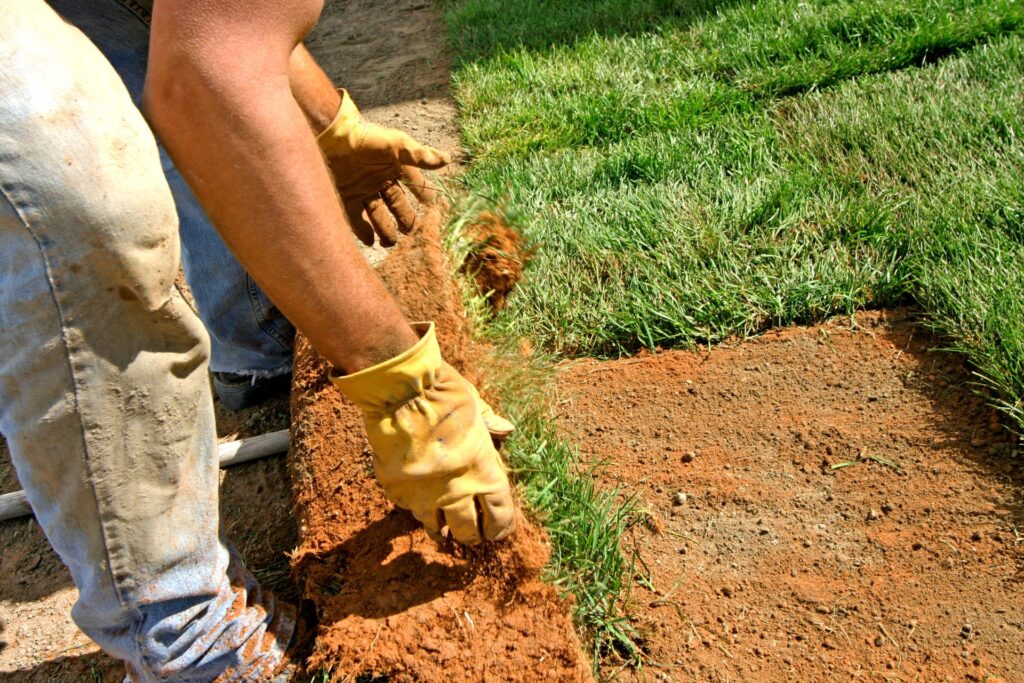
FAQs: About Cost Of Landscaping Services Wellington
Conclusion
Concluding our discussion on selecting the ideal landscaping services, it’s essential to revisit the main considerations that can help guide your decision. Whether you’re looking to enhance your home’s curb appeal or create a serene outdoor sanctuary, understanding your specific needs and aligning them with your budget is crucial. We’ve explored various factors that influence this choice, and now, it’s time to apply this knowledge practically. Carefully assess what works best for your space and financial plans. If you’re ready to take the next step or still have questions, don’t hesitate to reach out to local landscaping professionals or delve deeper into research. Making an informed decision will ensure that you achieve the desired outcome for your property.
About the Author:
Mike Veail is a recognized digital marketing expert with over 6 years of experience in helping tradespeople and small businesses thrive online. A former quantity surveyor, Mike combines deep industry knowledge with hands-on expertise in SEO and Google Ads. His marketing strategies are tailored to the specific needs of the trades sector, helping businesses increase visibility and generate more leads through proven, ethical methods.
Mike has successfully partnered with numerous companies, establishing a track record of delivering measurable results. His work has been featured across various platforms that showcase his expertise in lead generation and online marketing for the trades sector.
Learn more about Mike's experience and services at https://theleadguy.online or follow him on social media:

